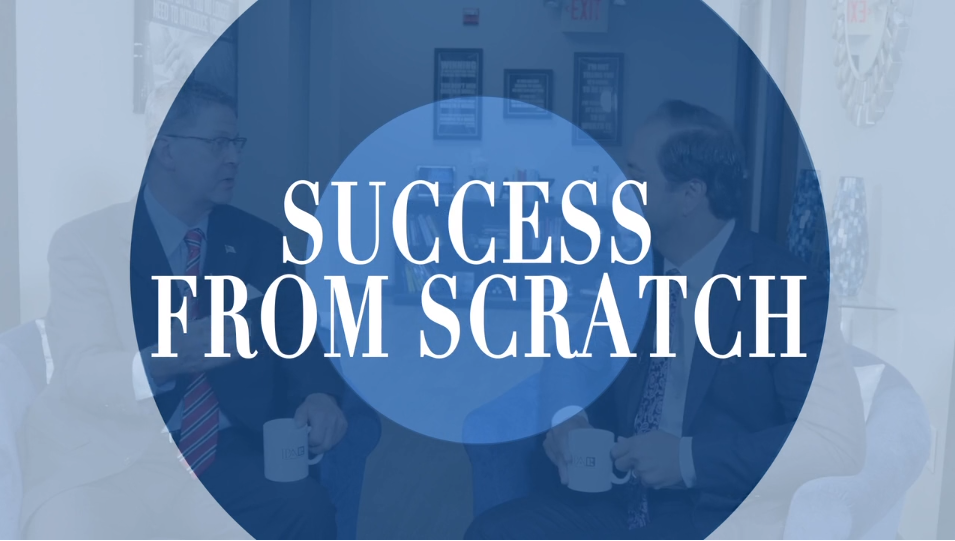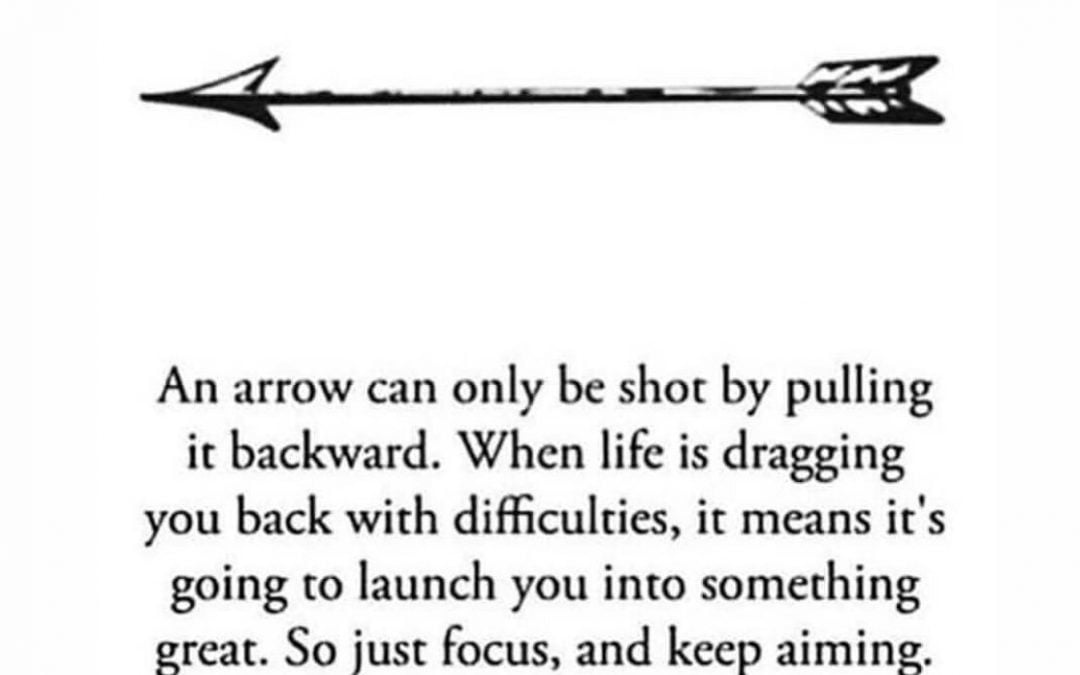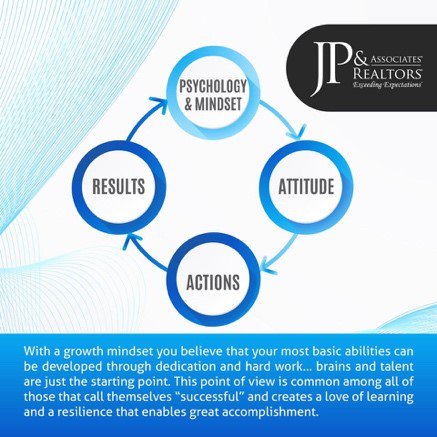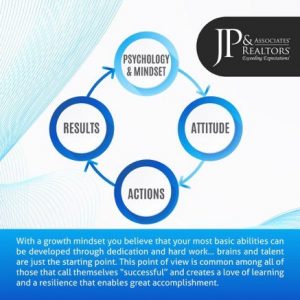
by Rick Davidson | Dec 10, 2018 | Coaching, Don't Settle, Dreams, Goal Setting, Goals for 2019, Habits, JPAR, Real Estate, Service, Sucess Goals
I spent some time this week in our Austin, Texas market where one of our REALTOR® team leaders is also a “coxswain” and a rowing coach. He was telling me a story about a new rower, who was placed on a boat with 8 others… he noticed she appeared to be working very hard and sweating profusely, yet her technique was so off it wasn’t helping the team.
Can you relate to a time where you’ve been working hard and not getting the result you intended?
A rowing team – and your business – needs more than just quality, skilled resources. You also need all your resources in the right seats, doing the right things.
Here’s the thing I learned about rowing: in an eight-person boat, each rower has one oar—four on port and four on starboard. If one side pulls harder that the other side, the boat turns. If one side’s oars are raised higher than the other side, the boat tips. In order to find the set and create swing, everyone must work together to balance the boat and have exact timing. Your hands must be at exactly the right height as you slide up to the catch. Every oar has to drop into the water at the exact same time. Everyone needs to pull at equal pressure. All the blades need to come out of the water and release in unison. Any deviation disrupts the boat.
So, what can we learn?
First, have a clear direction, but an easy hand on the steering
The “coxswain” job is to keep the boat on course and steer the straightest line possible. Steering too much means zig-zagging over the course and rowing far more than 2,000 meters, which adds to time. The trick is to keep the end in sight and steer to a center point far down course, not trying to keep coming back to the center every stroke. To do this, the coxswain calls out increased pressure for a few strokes on one side of the boat or the other to correct the course rather than use the rudder, which slows down the boat.
Learning: High-performance teams always keep the end in sight and know the ultimate objectives of their work. Without a clear picture of the goal, teams thrash with process and fail to achieve proper alignment in their activities. Going in the wrong direction as fast as you can doesn’t get you any closer to the finish.
Second, it’s not how hard you work, it’s how hard you work together
It turns out that pulling as hard as you can, without pulling together, actually slows the boat down. Imbalanced power will veer the boat one direction and throw off the timing of the catch and the release. Uncontrolled straining at the oar can tip your weight left or right and toss the boat side to side. A successful team pulls in perfect balance and with perfect timing.
Learning: Successful teams know that performance is a function of collaboration and coordination, not a sum of individual effort. Knowing how your contribution is affecting the final outcome and staying highly aware of what others are doing while staying in sync is critical to delivering results. Reacting quickly, deliberately and in a coordinated fashion allows teams to adapt to changes, handle new information, and stay on target.
Make it a powerful week and looking forward to hearing your success stories.
PS: Are you looking for a playbook that is guaranteed to help up your personal mastery, business mastery or marketing mastery? If so reach out to us at [email protected]
Need a one on one coach? See if coaching is right for you, schedule a complimentary consult at www.jparcoaching.net

by Rick Davidson | Dec 5, 2018 | Best Practice, Coaching, Productivity, Real Estate, Success, Success From Scratch, Sucess Goals, Tips, Top Agent, Top Producer
Lauren Snider is my special guest for this week’s episode of Success from Scratch. She tells us how she has learned to “fail forward” in pursuit of her dreams. From a base of zero, in 3 years she has created a business that helps 28 families each year to buy, sell or invest in real estate. The core to creating that result is “relationship marketing.”
Lauren shares how she has overcome challenges, built her persistence, created a game she can win while always staying hungry. Keeping herself in check and holding herself accountable are 2 traits she works on daily.
“I came from a hard-working family… and that is all I know how to do!” – Lauren Snider, JP and Associates REALTORS®

by Rick Davidson | Dec 3, 2018 | Dreams, Goal Setting, Goals for 2019, Habits, New Year, New Year's Resolution, New You
A few weeks from now, you might be asked, “So, how are those New Year’s resolutions working out for you? The dream is that our goals and resolutions lead us to a higher ground, to new horizons. They can give our eyes a focus, our mind an aim, and our strength a purpose. Without the positive pull forward of a goal, we could risk remaining forever stagnant, or even worse sucked into a backward spiral.
So why is it so hard to keep and reach some resolutions, some goals?
We have all felt the excitement that comes with setting a new goal, but then, as time progresses, excitement can morph into anxiety. This is because we are facing the reality that we are so far from our goal and have no framework or strategy of how to get there.
So how do you overcome life’s hurdles and personal mental roadblocks to reach your BIG goals?
Well, first, a blinding flash of the obvious: When you set goals for yourself, it is important that they motivate you: this means making sure that they are important to you, and that there is value in achieving them. Motivation is key to achieving goals. Set goals that relate to the high priorities in your life. If the goal is truly not important to you and you can’t tie it back to why it’s meaningful, your chances of success diminish. Yet wait, there’s more:
The reality is, there’s a SCIENCE to goal setting
In over 650 studies completed with over 50,000 participants, scientists analyzed what worked best when goal setting. Overall, individuals who focused on Process Goals had more success in reaching their goals than those who simply set Performance or Outcome Goals.
So, what is the difference between an outcome goal, a performance goal, and a process goal?
An outcome goal is one that isn’t really under your control. Instead, it’s based on outside circumstances. For example, if your goal is to the #1 selling agent in your market, that’s a goal that’s not only based on your numbers but also the numbers from other agents in your market too.
Performance goals are personal achievement goals. They are the building blocks that help you reach your outcome goal. A good performance goal example is to “beat my personal record of 21 homes sold in a year.
Process goals are completely under your control and are composed of the things you do on a daily basis like habits and routines. Think of these as the small steps you take to get to your performance and outcome goals every single day. An example of a process goal would be to “spend 60 minutes prospecting daily” or “40 minutes of cardio work.”
So, there you have it, the science behind more effective goal setting. Create a goal that is important to you and one you can be reminded frequently as to why you are pursuing it. Then, break those outcome goals down to the daily activities, the daily processes. Now your likelihood of achievement is dramatically improved.
Interested in coaching? See if it’s right for you: www.jparcoaching.com
#WinTheDay

by Rick Davidson | Nov 28, 2018 | Best Practice, Success, Success From Scratch, Sucess Goals, Tips, Top Agent, Top Producer
Today on episode #36 of Success From Scratch, my special guest is Jordan Holley. Jordan shares his 8 years of experience in residential real estate and how he started from scratch, and now assists 25 families to buy, sell or invest in real estate each year.
At a young age, Jordan made a decision to buck the advice of others and strike out on his own. Jordan shares how he struggled with some of the more traditional forms of prospecting until he found his niche in networking and referral.
“I’ve learned to balance my professional life and personal life by scheduling my personal time just like a client appointment.” ~ Jordan Holley, JP and Associates REALTORS®

by Rick Davidson | Nov 26, 2018 | Don't Settle, Dreams, Goal Setting, Habits, Holiday, JPAR, Productivity, Real Estate, Thanksgiving, US Holiday
Like many of you, I’m coming off a major Thanksgiving holiday. Full of friends, family and the food coma. A study from 2007 found that eating a meal with a high glycemic index shortened the time it took for people to fall asleep by about 50% when compared to those fed a low glycemic index meal.
But there’s likely more than one reason a Thanksgiving feast can end in sleepiness. A study from 2009 suggests that cross-talk between the gut and the brain after a meal activates the hypothalamus, which indirectly stimulates regions responsible for sleep while simultaneously suppressing regions responsible for wakefulness.
In last week’s blog, I wrote about the Mindset, Attitude, Actions, and Results circle. That’s kind of like the cross talk between your gut and the brain after a big meal, yes!? Here is what we know, the difference between mindset and attitude are clear: mindset is a way of thinking; that in turn drives your attitude which shows up in how you approach things, your language tone and posture. That in turns drives your actions and your behavior which ultimately delivers an outcome or a result.

So, IF your business is in a food coma, or you are being proactive to avoid the holiday business coma, here’s 2 steps to consider.
1. Improve your posture and increase your daily physical activity over the next 4 weeks.
2. Make sure your business plan is relevant and up to date by 12/1. And in that process ensure you:
a. Define YOUR unique value
b. Trouble shoot any issue holding you back
c. Be clear and FOCUS on a clearly defined target market
d. Get in a small group
Move your body MORE
Tony Robbins, consultant and coach to CEO’s and self-help guru believes that what the body does, the mind follows. Wake up your body and your mind is awoken.
Example: what is your posture at this moment? When was the last time you went on brisk walk? How do you carry yourself? How do you dress yourself? How does your face look at this exact moment? Change your physical state: Take a daily walk, sit up straighter, put a smile on your face, dress the part for your industry and see if that doesn’t have an immediate effect on your mindset.
If you’re interested, look into the book “Presence” where author Amy Cuddy explains the science behind all of this and even shows you a couple of power poses. Here is a link to her amazing Ted Talk.
Is Your Business Plan Relevant?
Define your value and remember it’s NOT all about you! Be TOTALLY clear about how choosing you as a real estate agent benefits your prospect. When someone asks you what you do, it can be tempting to list your awards and accomplishments. Try to be mindful about naming specific ways your services benefit sellers, buyers or investors. Benefit-focused value statements resonate with prospects in a meaningful way. For example:
I specialize in helping empty nesters find the luxury downtown condo that’s just right for them.
I am a ninja negotiator with a track record of selling homes at an average of 2 percent over list.
Want to sell fast? Then I’m your real estate agent, as my listings sell in 26 days on average, 13 days faster than the norm.
Troubleshoot any issue holding you back. Unless you are a hobbyist in real estate, you’ll need systems for:
Consistent quality – for you, your clients and your partners.
Simplifying your workload – like a checklist for a pilot before takeoff
Saving time – less time wondering what to do next and more time doing it
Highlighting and eliminating inefficiencies
Growing your business – serve more people, make more money
Do you have a clear TARGET?
When we see agents and teams struggling, too often their target market is just not specific enough. Many agents and teams may have several different types of target markets. Yet, for the purposes of marketing your business, you want to start with a laser focus on sellers and buyers. Your target market profile should be specific enough to answer basic questions like:
Where can you find sufficient numbers of them in groups?
What media do they consume? (How to reach them)
What blog sites, websites, forums do they frequent?
How engaged are they on social media and which platform?
What associations do they belong to?
The power of a small group. If your business is struggling – or you want to avoid the holiday coma – as the business owner, it can be tough to see the forest between the trees. It’s easy to get in overdrive mode putting in more hours working in the business with little or no time left to work on the business. This is where it would be wise to seek expert from like-minded individuals, a business coach or BOTH.
What action will you take to get out of OR avoid a business holiday coma?







